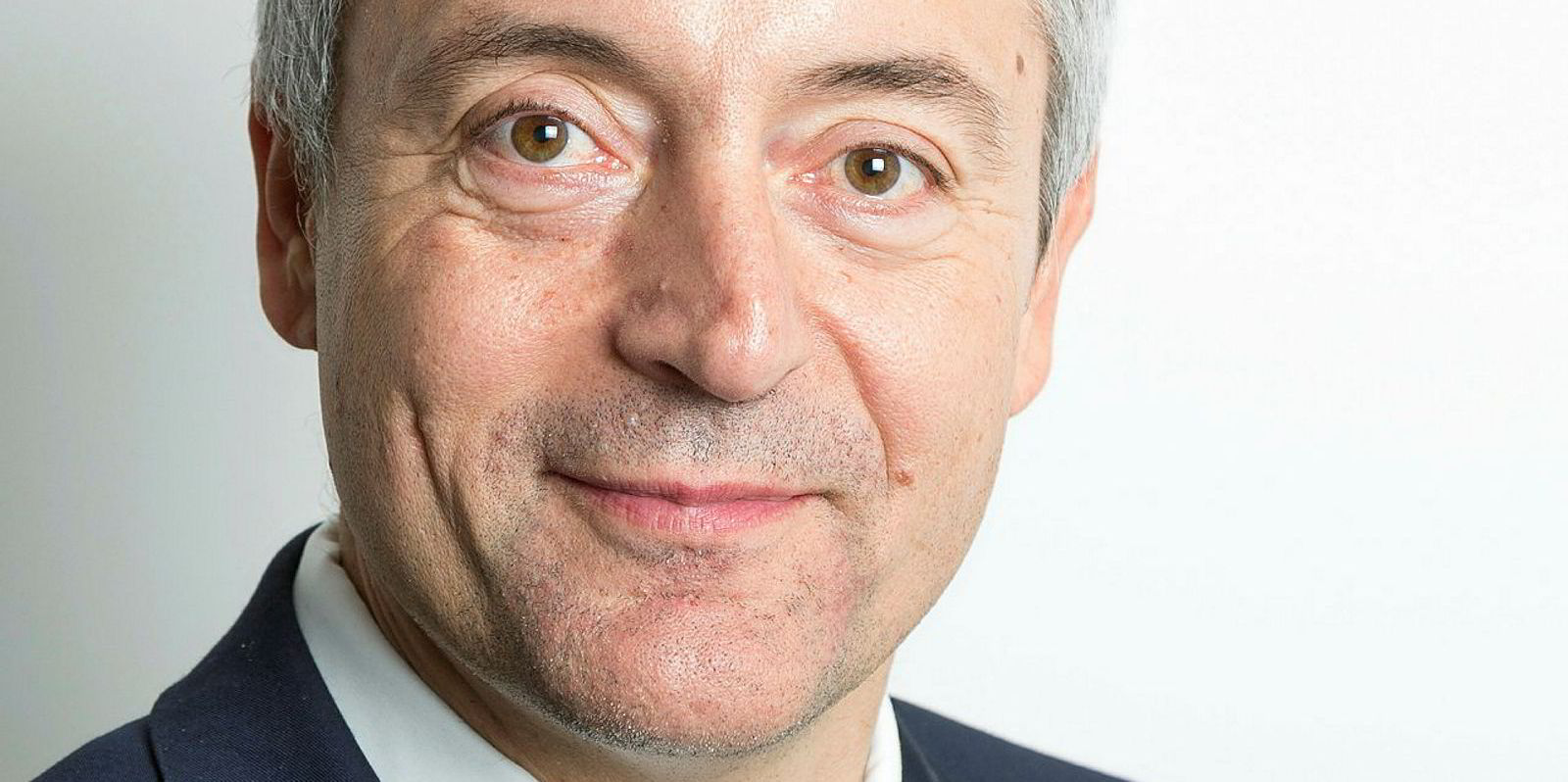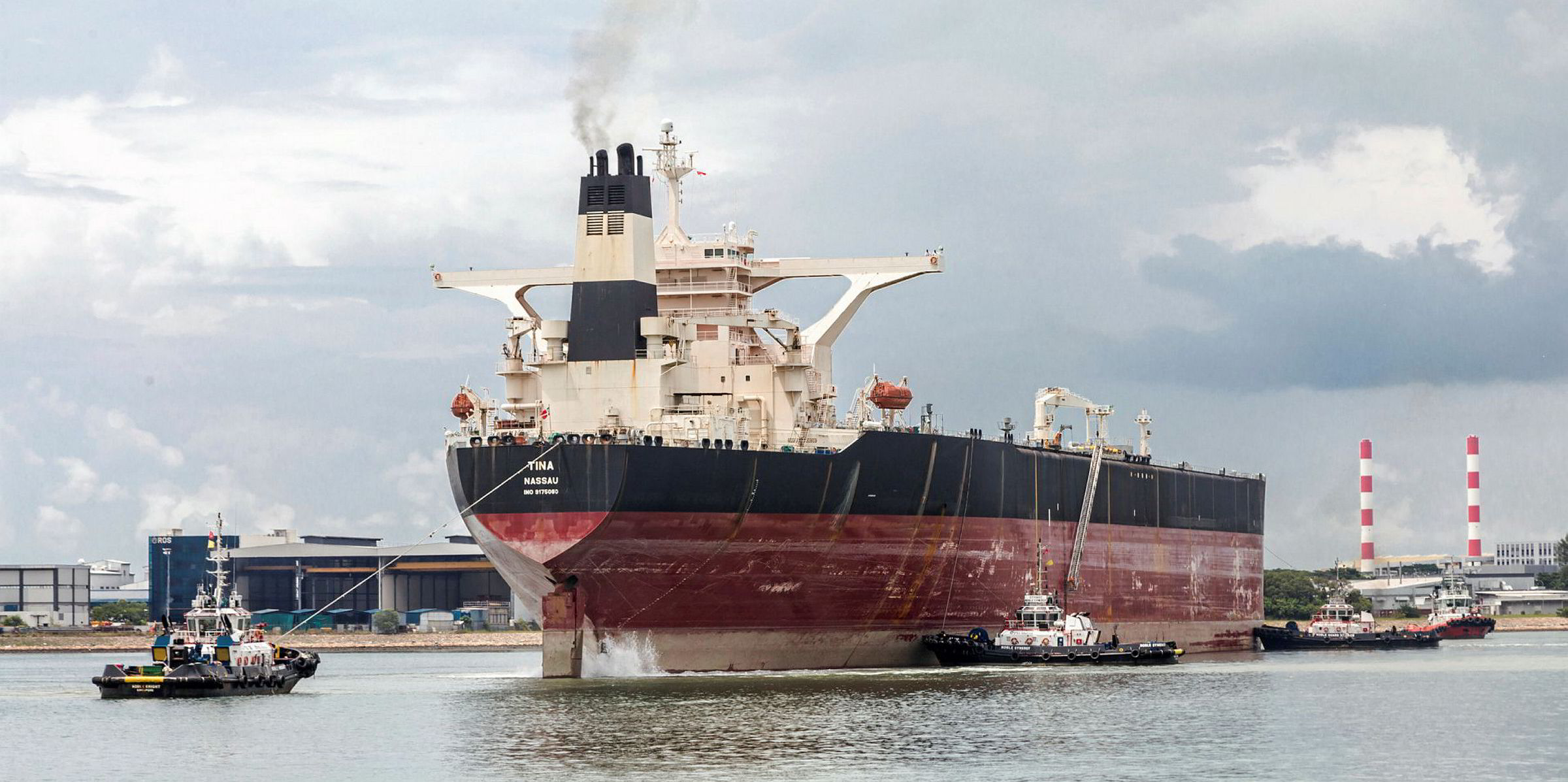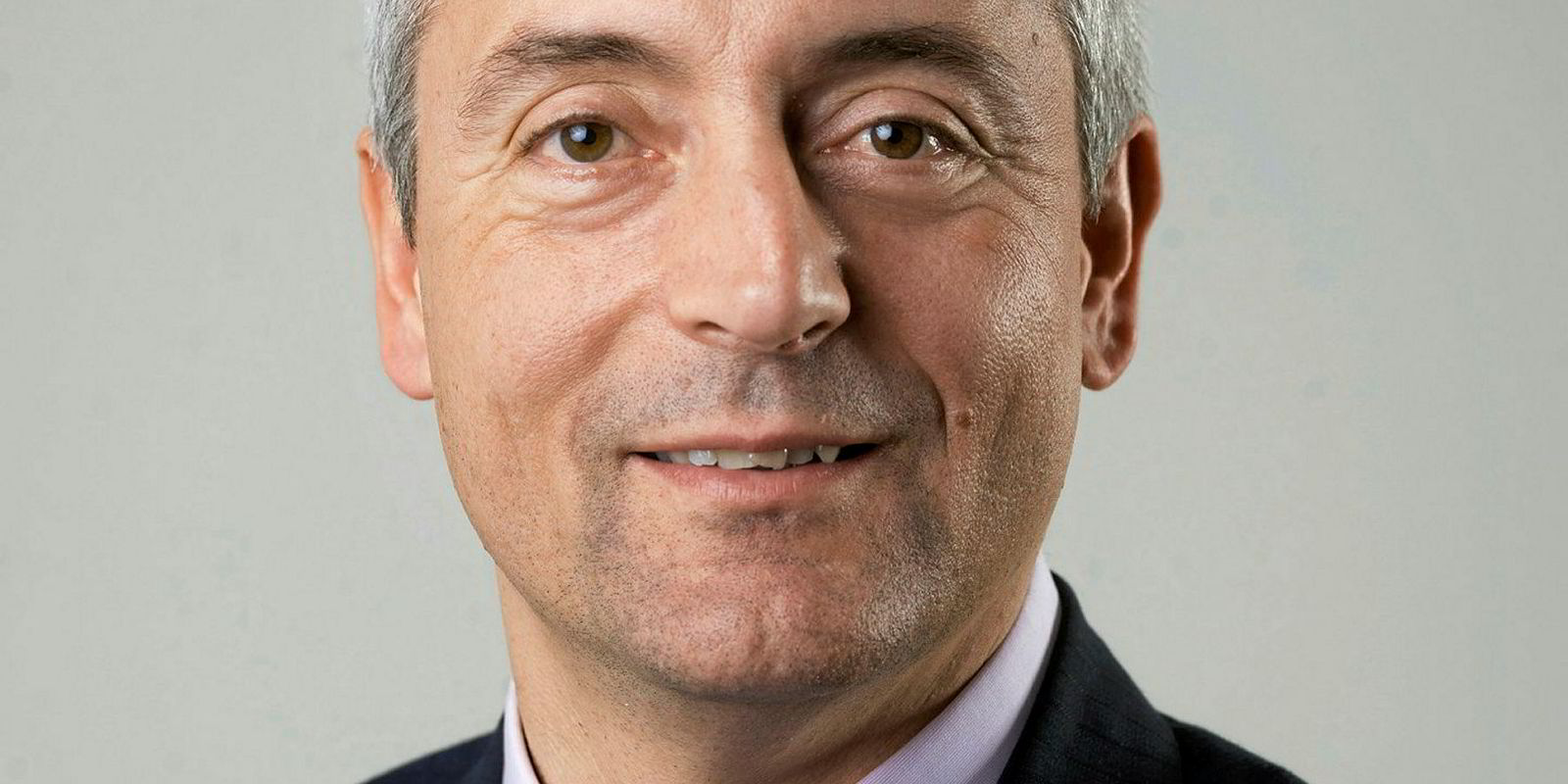SBM Offshore struck an optimistic tone in its results for 2018, which saw the company increase its profit by 41%, double its dividend and reveal a new $1bn financing agreement.
A €175m ($200m) share repurchase programme was also launched today by the FPSO specialist.
The share repurchase programme, which will be completed by the end of 2019, will reduce SBM’s share capital and provide stock for regular management and employee share programmes.
Profit spikes
SBM’s underlying profit attributable to shareholders was $113m for the full year 2018, a 41% year-on-year increase.
Directional revenue increased 2% year-on-year to $1.7bn, while directional EBITDA was $995m including non-recurring items, said SBM.
Earnings were boosted by an increase in turnkey activity, which SBM said offset the $400m decrease in lease-and-operate revenue caused by FPSO Turritella leaving its fleet for planned maintenance.
More borrowing power
SBM this week signed off a new five-year sustainable revolving credit facility worth $1bn, which supersedes a revolver of the same value.
The new facility is secured against what SBM called an “innovative” lease backlog cover ratio related to future contracted cash flows from some FPSOs that already have employment lined up.
SBM values its turnkey contract backlog at $1.4bn and its lease-and-operating backlog at $13.4bn for the next three year, according to its 2018 report.
The previous loan was secured with a leverage covenant, which SBM said was “growth-restrictive”.
The new funding will allow for corporate borrowing in excess of $1.5bn as the facility includes an uncommitted option to increase borrowing by $500m, SBM said.
Market outlook
“The market is growing, we are seeing a new cycle coming up,” said chief executive Bruno Chabas during the company’s results webcast on Thursday morning.
SBM estimates that 40 prospects will come into the market during the next three years.
Of these it sees 30 as being potential awards, with 12 being within the company’s target market, due to factors like technical complexity, scale and client requirements, Chabas said.
SBM will, however, “remain disciplined” and will stick to its capacity target of winning around two projects per year, Chabas said.
Guyana and Brazil are where SBM sees the most potential contract awards in the next three years.
SBM already has one FPSO under construction (Liza Destiny) for operations in offshore Guyana and sees four more potential awards in the country up to 2021.
Liza Destiny is undergoing commissioning and is expected to be mobilised to the region before the end of this year.
Brazil remains the biggest FPSO market globally, Chabas said during the webcast, with around 35% of the world’s total FPSO prospects based there.
SBM sees 13 potential FPSO prospects in Brazil coming to the market between now and the end of 2021, the chief executive said.
Litigation progress
The company appears to be putting its legal issues behind it, following a cash-for-contracts scandal in Brazil and an insurance claim related to Repsol’s failed Yme project.
In December, a Brazilian court approved an agreement with the Federal Prosecutor’s Office (Ministerio Publico Federal, MPF) under which the MPF’s improbity lawsuit against the company will be terminated and SBM will pay a fine of BRL200m ($53m).
Administrative proceeding against SBM before the Brazilian Comptroller General of the Union (CGU) was terminated in July 2018.
Meanwhile, SBM says it is close to finalising an agreement with Repsol for sharing proceeds and costs recovered from insurers relating to the failed Yme development project in offshore Norway.
SBM expects a total cost of around $185m, which will cover payment to Repsol and other insurance-related expenses, payable once an agreement is signed.
Total recovery by SBM is expected total around $200m overall, which includes compensation for legal expenses paid by the company during the years of its litigation with Repsol.





